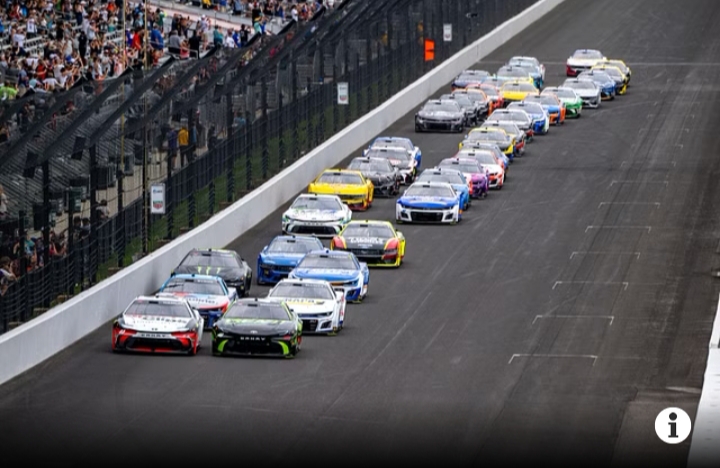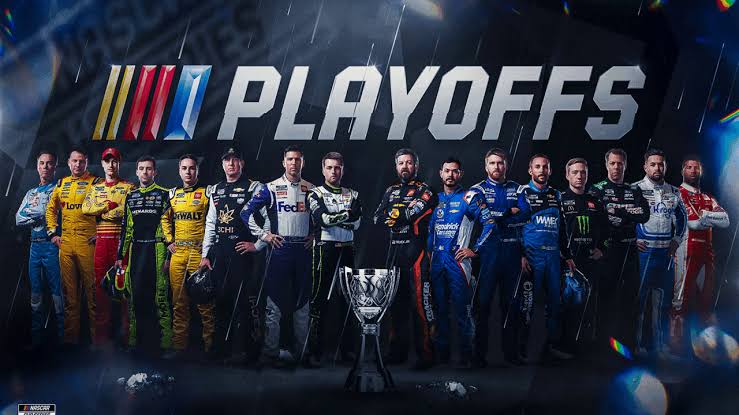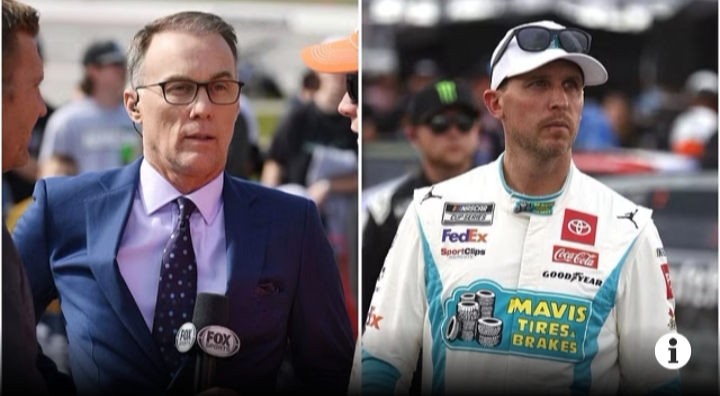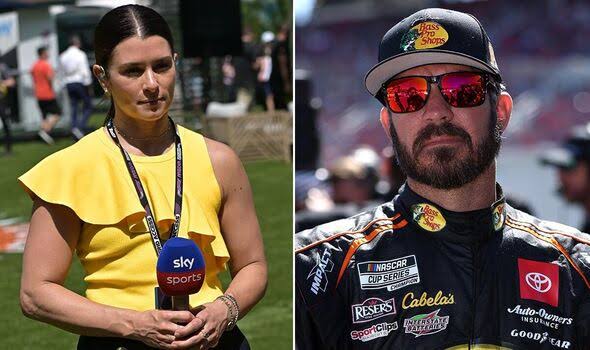The charter debate in NASCAR is still ongoing, with the goal of finalizing a new system before the playoffs appearing unlikely. The existing charter structure, introduced in 2016, has faced criticism for not providing teams with permanent spots, which has hindered their ability to attract long-term investors.
A recent report from Sports Business Journal revealed that some NASCAR Cup Series teams are preparing to sign a new charter agreement with NASCAR, which would last from 2025 to 2031. This deal, known as the governing charter agreement, could be signed by some teams as soon as this weekend, though others are still negotiating. Leading figures in the debate, like Denny Hamlin and Michael Jordan, remain firm in their demands.
The proposed agreement spans seven years with the option for an additional seven, but it still does not grant teams the permanent charters they were hoping for. While the deal would increase their share of media rights revenue, questions remain about whether this would be enough to secure their financial stability.
With the current charter system set to expire after the 2024 season, teams are pushing for permanent charters and a larger share of the revenue. Hamlin has been at the forefront of this push, arguing that teams deserve a bigger portion of the media rights revenue, which is currently divided with 25% going to teams, 65% to tracks, and 10% to NASCAR. This distribution has made it difficult for teams to invest and remain competitive.
While some teams are ready to sign the deal, Hamlin and Jordan’s faction continues to hold out. During NASCAR’s recent playoff media day, Hamlin described the negotiations as “stagnant,” suggesting that NASCAR needs to be more reasonable in their approach. He believes the onus is on NASCAR to meet the teams’ demands.
At Darlington, Curtis Polk, an investor in Hamlin’s 23XI team, wore a sign expressing frustration over the situation, indicating the growing tension between the teams and NASCAR. Hamlin has emphasized how costly it is to run a team, estimating $18 million is needed just to keep a car on the track each week. This comes after NASCAR secured a major media rights deal worth $7.7 billion with FOX Sports, NBC, Warner Bros. Discovery, and Amazon, which covers the 2025–2031 period.
Although the teams and NASCAR have reportedly reached a broad agreement on how to divide the new TV deal revenue, disagreements on other issues persist. Both sides hope to build a closer working relationship, possibly including joint sponsorship sales, despite teams not holding equity in NASCAR Holdings.
Hamlin has criticized the lack of cooperation between teams, stating that they should be working together to grow the sport. Some teams are preparing to sign the new agreement, but concerns remain that if some sign while others continue negotiating, it could create a difficult situation within NASCAR.
Hamlin also believes NASCAR intentionally delayed negotiations to pressure smaller teams into accepting less favorable terms, arguing that some teams are willing to accept any deal, while others see the terms as unreasonable. The outcome of these negotiations remains uncertain, with the future of the charter system hanging in the balance.




